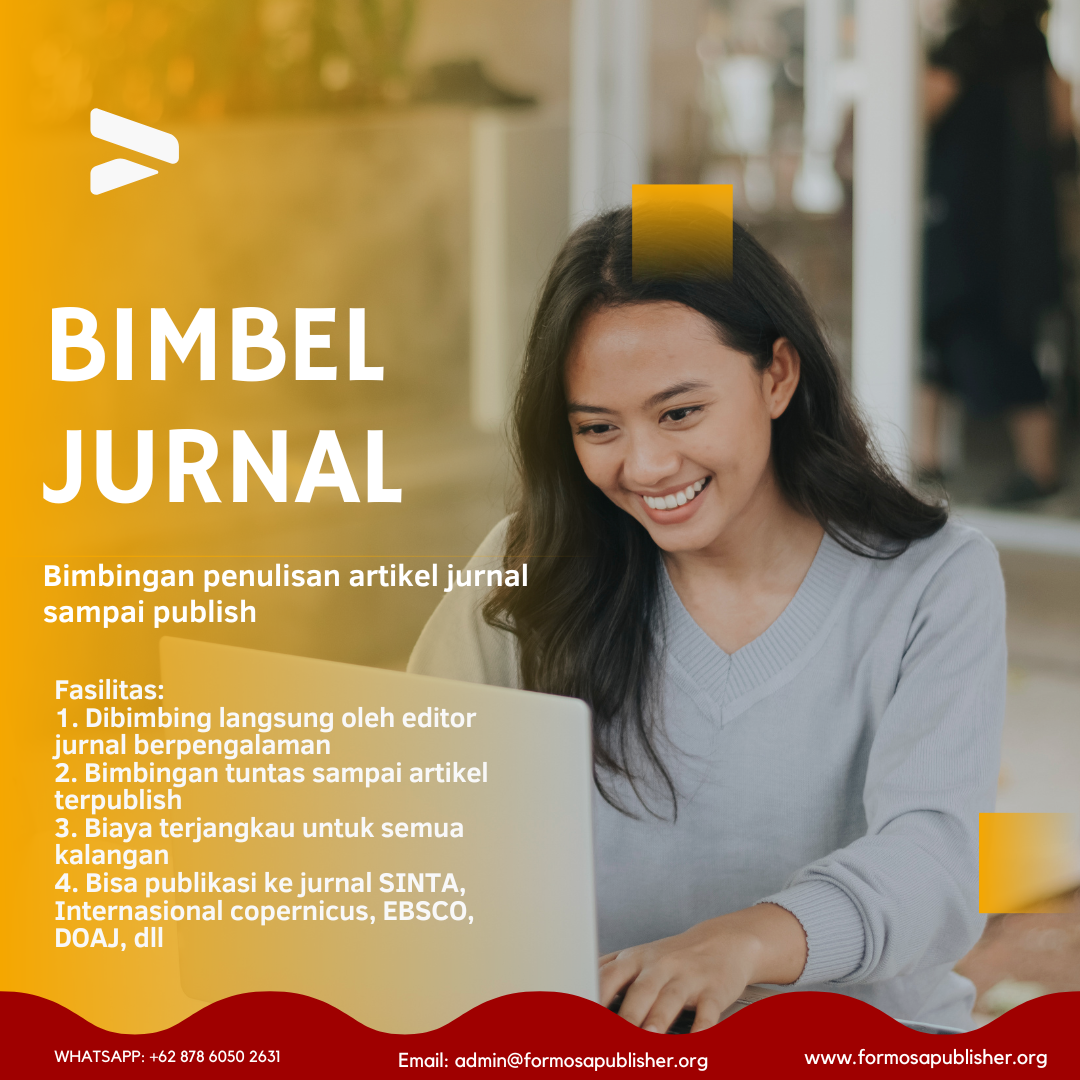The Relationship of Positive Emotions and Fear of Missing Out with Impulsive Buying Tendency in Gen Z
DOI:
https://doi.org/10.55927/mudima.v5i2.44Keywords:
Impulsive Buying, Positive Emotions, Fear of Missing Out, Generation Z, Social Media InfluenceAbstract
The phenomenon of impulse buying is increasingly prevalent among Generation Z, especially those who actively use technology and social media. This generation is vulnerable to emotional and social influences when making shopping decisions. This study aims to analyse the relationship between positive emotions and fear of missing out (FoMO) with impulsive buying tendencies in 251 Generation Z respondents. The results showed that positive emotions positively correlate with impulsive buying tendencies (r = 0.42, p < 0.05), indicating that individuals with high positive emotions are more likely to make impulsive purchases. In addition, FoMO also had a significant positive correlation with impulsive buying tendency (r = 0.48, p < 0.05), indicating that fear of missing out on trends may trigger spontaneous purchases. Regression analysis showed that these two variables together explained 36% of the variance in impulsive behaviour (R² = 0.36). These findings highlight the need for intervention strategies, such as financial literacy education, to help Generation Z manage their consumptive behaviour more wisely
References
Al-Romeedy, B. & Zaki, M. (2024). Emotional decision making in digital shopping: The role of positive emotions and impulsivity. Journal of Consumer Psychology, 36(2), 112–125.
Aqidah, M. (2023). The role of social media in increasing impulsive consumption among Generation Z. Journal of Consumer Psychology, 11(1), 45–58.
Aragoncillo, L. & Orús, C. (2018). Impulsive buying behaviour: The role of affective states and social influence.Journal of Business Research, 88, 425-432.
Baker, Z., White, K., & Mullan, B. (2016). Fear of missing out and its impact on impulsive buying behaviour in young consumers. Psychology & Marketing, 33(6), 493–506.
Christy, N. (2022). The effect of FOMO on online shopping behaviour among young adults. Journal of Behavioural Economics, 15(3), 212–225.
Daulay, N. (2022). The rise of e-commerce in Indonesia: Trends and implications for consumer behaviour. Journal of Digital Commerce, 9(2), 77–91.
Djafarova, E. & Bowes, T. (2021). Generation Z and impulsive buying behaviour: The role of digital influencers and social media marketing. Journal of Retailing & Consumer Services, 58, 102292.
Emanuella, T. (2023). The impact of self-reward culture on impulsive buying behaviour among Indonesian youth.Journal of Management and Marketing, 14(4), 312-329.
Fredrickson, B. L. (2001). The role of positive emotions in broadening and building cognitive and behavioural resources. American Psychologist, 56(3), 218-226.
Hodkinson, C. (2019). Fear of missing out (FoMO) marketing tactics and their effectiveness in digital commerce.Journal of Consumer Psychology, 34(1), 78-92.
Kang, J. & Hwang, J. (2021). Digital payment adoption and impulsive buying behaviour: The mediating role of convenience perception. Journal of Financial Consumer Behaviour, 10(2), 119-135.
Kaur, P., Dhir, A., Tandon, A., & Kaur, A. (2021). Understanding impulsive buying in the age of digital commerce: The role of social influence and emotion-driven decision making. Journal of Consumer Research, 48(5), 901-918.
Liani, R., Wayan, S., & Putra, H. (2023). The role of social media in shaping consumer impulsivity: A study on Generation Z. Journal of Digital Marketing & Psychology, 19(2), 56-71.
Lucas, R. E. & Koff, E. (2014). Happiness and spending behaviour: How positive emotions influence financial decision-making. Journal of Consumer Psychology, 24(1), 97–112.
Mujahid, A. (2022). Financial literacy and its impact on impulsive buying behaviour in Indonesian youth. Journal of Economics and Finance, 21(3), 85–102.
Muharam, A., Setiawan, T., & Ramadania, F. (2023). Fear of missing out (FoMO) and online impulsive buying: A study on TikTok Shop users. Journal of Digital Psychology, 10(4), 345-362.
Muharsih, N., Putri, R., & Santoso, D. (2023). Emotional factors influencing impulsive buying behaviour in digital consumers. Journal of Consumer Insights, 17(1), 22-38.
Nasution, D., Purmono, R., & Ramadania, F. (2022). Impulsive buying among Indonesian Generation Z: The role of digital marketing and psychological factors. Journal of Consumer Psychology, 8(3), 215-229.
Pradhan, D., Roy, R., & Coelho, P. (2018). Impulsive buying behaviour and financial management: A study on youth consumption patterns. Journal of Business Research, 92, 178-189.
Przybylski, A. K., Murayama, K., DeHaan, C. R., & Gladwell, V. (2013). Fear of missing out (FoMO) and its relationship with social media engagement and psychological well-being. Computers in Human Behaviour, 29(4), 121-131.
Rook, D. W. & Fisher, R. J. (2013). Normative influences on impulsive buying behaviour. Journal of Consumer Research, 22(3), 305–315.
Santoso, B. (2020). Online shopping habits in Indonesia: Factors influencing impulse consumption.Journal of Business Management, 9(2), 33–45.
Savitri, A. (2019). Fear of missing out and its role in online shopping behaviour: A psychological perspective.Journal of Social Psychology, 12(1), 45–59.
Schwarz, N. & Clore, G. L. (2012). How emotions influence judgement and decision making. Journal of Consumer Psychology, 22(3), 129-145.
Setiawan, R. & Ardani, A. (2022). The mediating role of positive emotions in impulsive buying behaviour among young consumers. Journal of Applied Psychology, 14(2), 99-114.
Suhardi, A., Lestari, N., & Nugroho, R. (2023). The effect of fear of missing out on impulsive buying behaviour: Evidence from Indonesian online consumers. Journal of Behavioural Economics, 18(3), 76-92.
Thangavel, P., Pathak, P., & Suresh, R. (2021). Understanding Generation Z's shopping behaviour: The role of technology and social media. Journal of Retailing and Consumer Services, 60, 102483.
Verplanken, B. & Sato, A. (2011). Habit and impulse in consumer buying behaviour. Journal of Applied Psychology, 96(3), 500-516.
Wayan, S., Putra, H., & Yuniarti, M. (2023). Scarcity marketing and its impact on impulsive buying behaviour in e-commerce. Journal of Digital Marketing, 7(2), 112-129.
We Are Social. (2021). Digital 2021: Indonesia's e-commerce and social media landscape. [Online Report]. Retrieved from www.wearesocial.com.
Yang, H. & Gu, B. (2020). The emotional impact of online shopping and its effect on impulsive buying behaviour.Journal of Consumer Research, 47(1), 67-85.
Downloads
Published
Issue
Section
License
Copyright (c) 2025 Always Mahena, Diah Sofiah, Isrida Yul Arifiana

This work is licensed under a Creative Commons Attribution 4.0 International License.



































